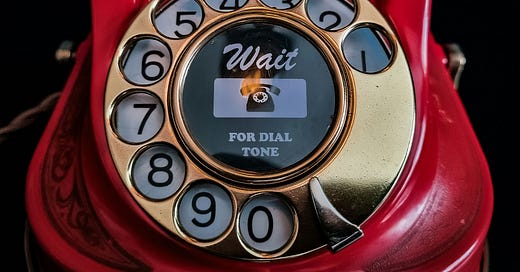1863 — West Virginia Secedes from the South
image by Joshua Choate from Pixabay
West Virginia was not one of the first 13 British Colonies in America. It was part of Virginia until those in the western portion of that State broke off, forming their own separate State on this date in 1863, in the middle of the Civil War.
It was not a coincidence that this parting of the ways came at that time: those in the western portion of the State did not support slavery (more for economic than ethical reasons, for the most part), and thus had a decidedly different view of that “peculiar institution” than other Virginians in general had.
Depending on whether you still count the States that seceded, West Virginia became either the 35th State or the (at the time) 24th State of the United States.
Questions: Have you heard the John Denver song Take Me Home, Country Roads? Have you seen the movie We Are Marshall? What historical significance does the West Virginia town of Harpers Ferry have? Was it in West Virginia when it was made famous?
1963 — Hot Line Established Between U.S. and Russia
photo by Johnny Briggs on unsplash
The always-available connection between Russia and America, sometimes called the Moscow–Washington hotline, made its debut on this date in 1963 (a century after West Virginia’s formation as a State).
The reason for this was to prevent an “accidental” outbreak of nuclear war between the two Countries. The impetus for the timing was the “Cuban Missile Crisis” of the previous year.
Then-U.S. President John F. Kennedy explained the need for this arrangement thus: “This age of fast-moving events requires quick, dependable communication in time of emergency.”
Questions: What type of scenario would call for the use of the hotline? Who mans (or womans) the hotline while the President is not in the Oval Office? Does it travel with him (so to speak) when he is away from the office during the day, such as when he takes trips or goes on vacation? How far ahead is Moscow from D.C. as far as time goes? In other words, when it’s noon in Washington, D.C., what time is it in Moscow?
1975 — Jaws Hits the Silver Screen
public domain image from wikimedia commons
On this date fifty years ago, in 1975, the Steven Spielberg-directed movie Jaws appeared in theaters. Its gory depiction of man-eating sharks made many viewers afraid to go in the water.
The writer of the book (and the screenplay, along with Carl Gottlieb), Peter Benchley, had formerly been a speechwriter for LBJ (Lyndon Baines Johnson). At the time he wrote Jaws, he was struggling as a writer of fiction, but once it became a hit his financial struggles were over — Benchley could have driven a Bentley (or two) if he had wanted to.
As real sharks are not reliably trainable, mechanical sharks were used.
As NYT columnist extraordinaire Frank Bruni is wont to write: On a personal note … Sometimes I feel as if I’m the only person in the United States who is older than thirty and has never seen Jaws (not even the very very very slight curiosity I have about it is enough to make me want to spend the time watching that corny [as made obvious by the short clips I’ve seen and the campy music I’ve heard that accompanies said clips] flick).
Questions: Have you seen Jaws? If so, how many times? What would you rate it, on a scale of -1 to 17? If you’ve seen it multiple times, has your rating changed over time and, if so, for the better or the worse? What other books of Benchley’s were made into movies? What other movies has Spielberg made? Which one is your favorite?







